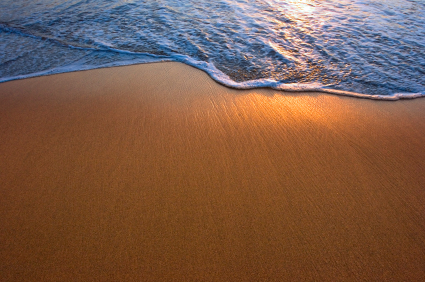 Back in December, I discussed the Florida Supreme Court’s decision in Stop the Beach Renourishment, and guessed that the United States Supreme Court would affirm the Florida court’s decision, but duck the novel constitutional question of whether there could be a “judicial taking.” I ended up being a little more than half right. The United States Supreme Court did affirm 8-0, but were hardly unanimous about what to do with the concept of a “judicial taking.”
Back in December, I discussed the Florida Supreme Court’s decision in Stop the Beach Renourishment, and guessed that the United States Supreme Court would affirm the Florida court’s decision, but duck the novel constitutional question of whether there could be a “judicial taking.” I ended up being a little more than half right. The United States Supreme Court did affirm 8-0, but were hardly unanimous about what to do with the concept of a “judicial taking.”
Justice Scalia, writing for Justices Thomas, Roberts and Alito, concluded that there could be such a thing as a “judicial taking” “if a court declares that what was once an established right of private property no longer exists.” However, they concluded that the Florida Supreme Court’s decision did nothing to abolish property rights. Instead, the decision merely clarified that the property rights were not implicated by the project due to the doctrine of avulsion. Basically, Florida law allowed the State to fill in its own seabed, and the State still owned the suddenly exposed land, even though the State itself caused the avulsion.
As I thought would be the case, the other four justices did not want to reach the issue of whether there could be a “judicial taking.” Justices Kennedy and Sotomayor concluded that the “judicial taking” analysis was unnecessary because the Florida decision did not terminate property rights. They suggested that if a true “judicial taking” case were to come along, the Court could tackle the issue then, and should perhaps look to the Due Process Clause.
Justices Breyer and Ginsburg agreed that there was no taking, but felt it was “better left to another day” to determine the issues of when a federal court could review whether a state court decision amounted to a taking, and if so, what the proper test would be. Unlike Justices Kennedy and Sotomayor, Justices Breyer and Ginsburg did not hint at what kind of analysis they might use.
So the question becomes – what impact will this case have on cleaning up after the BP oil spill crisis? Perhaps there was no better time than now to re-affirm the government’s right to protect our beaches.
